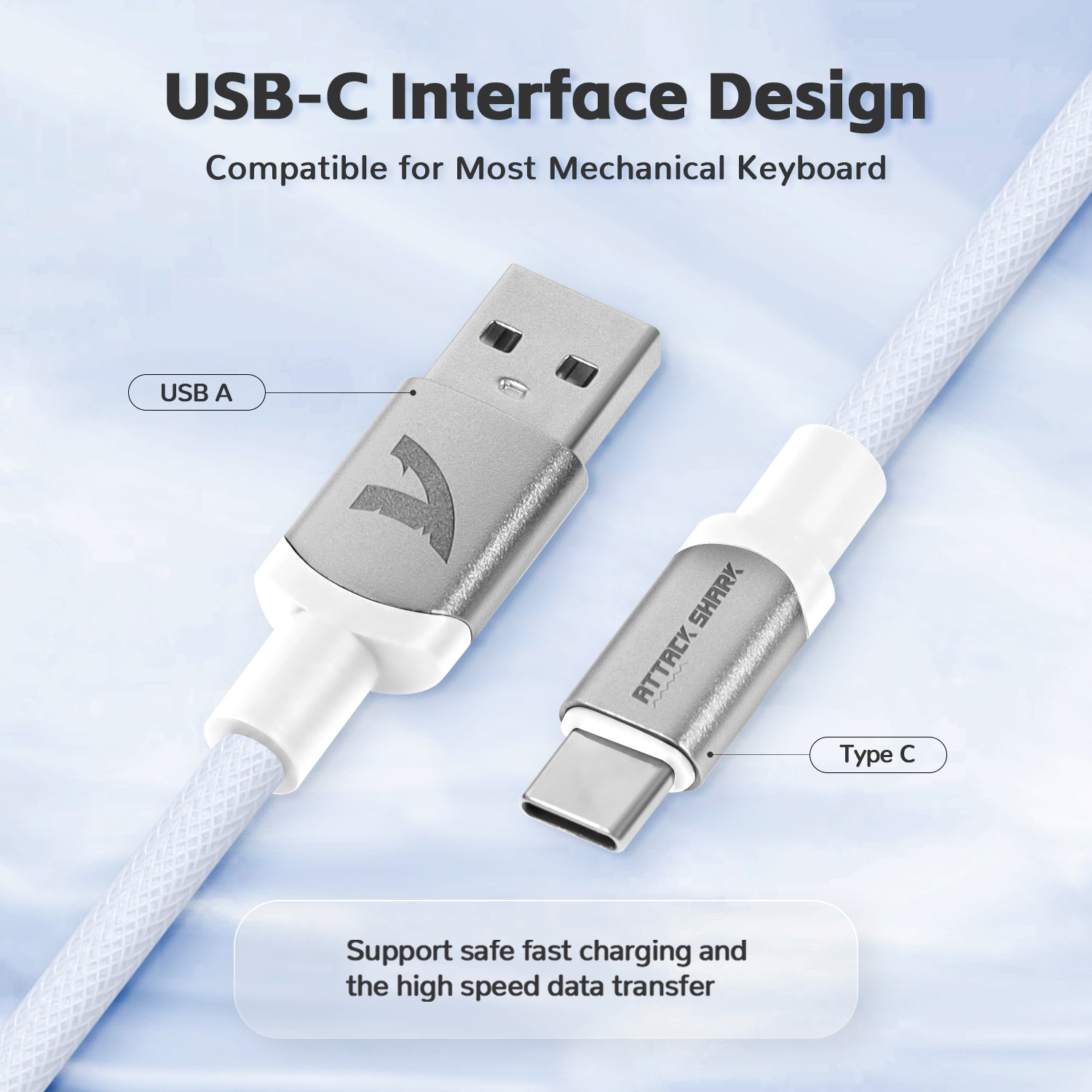Unlock Your Musical Potential: Discover the Ultimate Keyboard Stands and Their Hidden Features!
For musicians, the right equipment can significantly enhance both performance and comfort. Keyboard stands are essential tools that not only support the instrument but also contribute to a musician's overall experience. Whether you're a budding pianist, a seasoned keyboardist, or a band member performing on stage, having a reliable keyboard stand is crucial. This article aims to explore various types of keyboard stands, their unique features, and how they can cater to different musical needs. By the end of this guide, you’ll have a comprehensive understanding of how the right stand can unlock your musical potential.

Types of Keyboard Stands
When it comes to keyboard stands, there are several types to choose from, each designed with specific features that cater to different user needs. The most common types include X-stands, Z-stands, and A-frames. X-stands are typically the most popular choice due to their simplicity and ease of setup. They consist of two crossed legs that provide a sturdy base, making them ideal for home use or practice sessions. On the other hand, Z-stands offer a more robust design, featuring a zigzag pattern that can support heavier keyboards. This makes them suitable for professional musicians who require extra stability during performances. Lastly, A-frames are known for their versatility and portability. They can accommodate a range of keyboard sizes and are perfect for musicians who travel frequently. Each of these stands has its advantages and is tailored to different playing styles, ensuring that every musician can find the perfect fit for their needs.
Key Features to Consider
Choosing the right keyboard stand involves understanding several key features that can impact your playing experience. One of the most important features is height adjustability. A stand that can be easily adjusted to different heights ensures that you maintain proper posture while playing, reducing the risk of strain or injury. Stability is another critical factor; a stand should be sturdy enough to prevent wobbling, especially during energetic performances. Portability is also worth considering, particularly for musicians who perform in various locations. Lightweight stands that fold easily can make transportation much more manageable. Additionally, pay attention to the weight capacity of the stand. It needs to support your keyboard securely, ensuring that it doesn’t tip over or collapse during use. Each of these features plays a significant role in enhancing comfort and performance, making them essential considerations when selecting a keyboard stand.
Hidden Features of Keyboard Stands
While the basic functionalities of keyboard stands are widely recognized, many come with hidden features that can significantly enhance your user experience. For instance, some stands include built-in storage compartments, allowing musicians to keep essential accessories like cables and pedals organized and easily accessible. Another often overlooked feature is cable management systems, which help keep your setup tidy and prevent tripping hazards during performances. Compatibility with accessories such as trays for sheet music or additional pedalboards can also be a game-changer, providing a more comprehensive setup without clutter. These lesser-known features can elevate your playing experience, making your time at the keyboard more enjoyable and efficient.
Choosing the Right Keyboard Stand for Your Needs
When it comes to selecting the right keyboard stand, personal needs and playing styles should be the primary focus. Consider where you'll be using the stand most often—whether at home, in a studio, or on stage. An anecdote from a friend of mine highlights this perfectly: he initially chose a portable stand for home use but found it insufficient for the rigors of live performances. Now, he opts for a more robust Z-stand that can handle the demands of both environments. Testing stands before purchase is also advisable; sit at the keyboard, adjust the height, and ensure it feels comfortable. Additionally, think about your playing style; if you often switch between standing and seated positions, look for stands that allow for quick height adjustments. Taking the time to evaluate your specific requirements will lead to a more satisfying and productive playing experience.
Maximizing Your Experience with Keyboard Stands
In conclusion, understanding the various types and features of keyboard stands is essential for any musician looking to enhance their performance. From X-stands to A-frames, each type offers unique advantages tailored to different needs. Key features like height adjustability, stability, and portability cannot be overlooked as they directly impact comfort and performance. Moreover, hidden features such as built-in storage and cable management can significantly improve the user experience. By considering your personal requirements and preferences, you can select the perfect keyboard stand that not only supports your instrument but also unlocks your musical potential.







